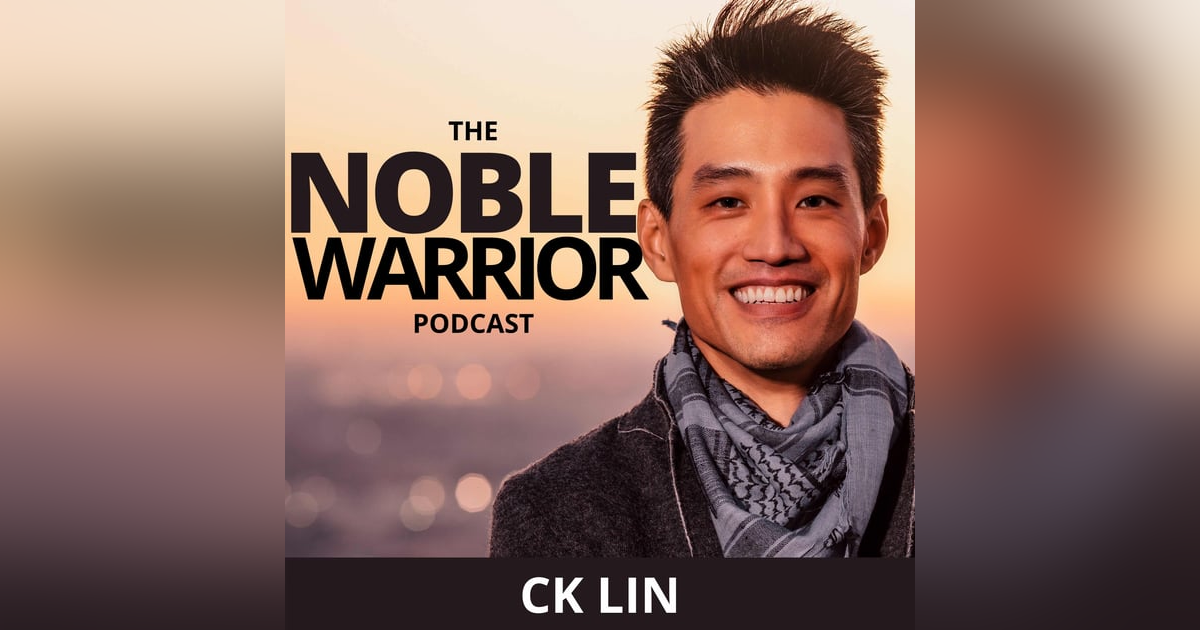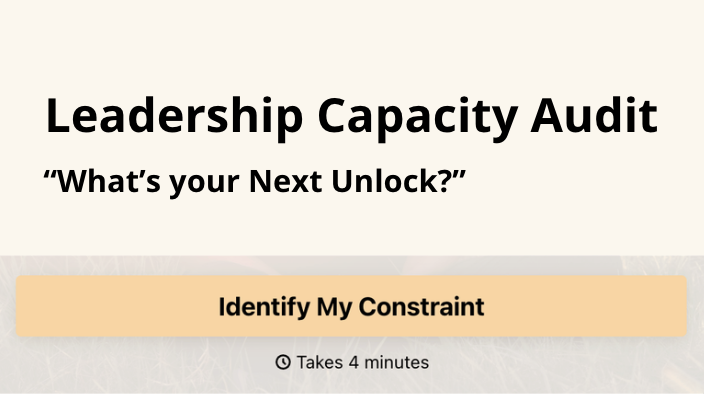077 Shane Metcalf: Being Our Best Selves As a Competitive Strategy
Today I am joined by Shane Metcalf, co-founder of 15Five, a company that provides a leading performance management software that helps to unlock each company's highest potential.
Impactful topics we discussed:
- Giving others their freedom in order to give yourself the freedom
- The harmfulness of spiritual high horse
- Building a company based on love
- Making the choice to stick with your principles during COVID
- Keeping your culture healthy when working remote
- Disentangling people from a corporate culture of fear
- Thinking of your people as human beings, not just resources
- The "selfish reason" to help your employees become their best selves
- How to ask the right questions of your employees
- Where his desire to serve comes from
🔔 SUBSCRIBE for more inspiring conversations with seeker-entrepreneurs and leaders. https://bit.ly/35cea8q
🔥 Join our mailing list for mindset and actionable tactics from purpose-driven entrepreneurs: https://mailchi.mp/noblewarrior/9czbxmafgo
✍️ Detailed Blog post : https://www.noblewarrior.com/episode/077-company-culture-of-being-best-selves-as-a-strategy-shane-metcalf/
👪 Join my Facebook Group: https://noblewarrior.com/group
Get full access to Infinite Flow at cklin.substack.com/subscribe

















